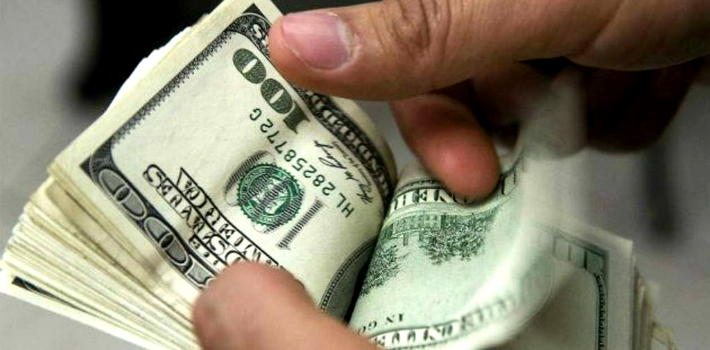“The rich get richer and the poor get poorer.” This class warfare mantra is often invoked by those advocating for redistributionist policies. But “the rich,” and for that matter the poor, do not exist as a class constituted of fundamentally akin individuals who share interests in conflict with the interests of other classes.
Before continuing I should note — for the benefit of the reader inclined to impugn personal motives — that academicians are rarely among the rich. The median salary of university professors in the US is $72,470.
Of course, there are people who are wealthy, but the concept of “the rich” is often used to mean something more sinister as pointed out by Don Watkins and Yaron Brook in their book Equal is Unfair. The authors remind us that terms such as “the rich” and the “one percent” are not used as neutral descriptions of an individuals’ income or wealth. The class warfare narrative claims we are exploited by “the rich,” who use their economic power to manipulate the system in their favor. Terms such as “the rich” and the “one percent” are used pejoratively to suggest an evil class.
Among the very rich we find visionary technology CEOs like Bill Gates, Michael Dell, and the late Steve Jobs; innovators like Jeff Bezos and Larry Ellison; diversified investors in their 80s like Warren Buffett and Carl Icahn; young industry disrupters in their 30s and 40s, like Mark Zuckerberg, Larry Page, and Sergey Brin; retailers like the Waltons, and candy makers like the Mars; socialists like George Soros, and free market backers like the Koch brothers; and women like Alice and Christy Walton, Jacqueline Mars, Laurene Powell Jobs, and Anne Cox Chambers. Over 10 percent of the very rich in the Forbes 400 list are immigrants.
These individuals all have large fortunes, but they cannot be thought of as a political class with undistinguishable socioeconomic interests. “The rich” are a heterogeneous group of individuals with varied beliefs, motives, virtues and faults. There is no evidence that “the rich” share a political agenda, much less an evil one. In fact, a 2011 Gallup poll found that only 33 percent of the top 1 percent of income earners identified themselves as Republican, 41 percent self-identified as Independent, and 26 percent as Democrats.
Class warfare promoters claim that the principal sociopolitical interest of “the rich” is to minimize the taxes they pay. If this is true, it is also true for most Americans that are concerned with the taxes they pay. The reality is that “the rich” pay a disproportionate overload of the federal income tax burden. It is estimated that the top 1 percent of earners, pay over 38 percent of federal income taxes. This proportion exceeds the federal income tax payments of the bottom 90 percent combined.
For the bottom fifty percent of income earners, the effective income tax rate is approximately 3 percent. For the top 1 percent the effective income tax rate is 23 percent.
The pattern of spending on elections also discredits the claim that “the rich” dominate a common sociopolitical agenda centered on their self-interest. In the 2014 electoral cycle, conservative political action committees (Super PACs) spent a total of $151.1 million whereas liberal Super PACs spent 20 percent more- $182.4 million.
Given these facts, it is disingenuous to argue, as class warfare supporters do, that “the rich” use their political influence effectively to minimize their tax payments. Rather, it appears that “the rich” are politically inept when it comes to influencing tax policy.
But the real tragedy of using short-hand labels such as “the rich” to stigmatize wealthy individual is that it prevents us from distinguishing those that earn as a result of their creative production of goods and services, and those that parasitically take what others earn via deception, force, or government favor.
The economic inequality that results from our legitimate earnings is an inevitable consequence of economic freedom. The goal of democracy is political equality, not economic equality.
 Versión Español
Versión Español













